Caio Ponte
A Temporal Clustering Algorithm for Achieving the trade-off between the User Experience and the Equipment Economy in the Context of IoT
Jul 30, 2019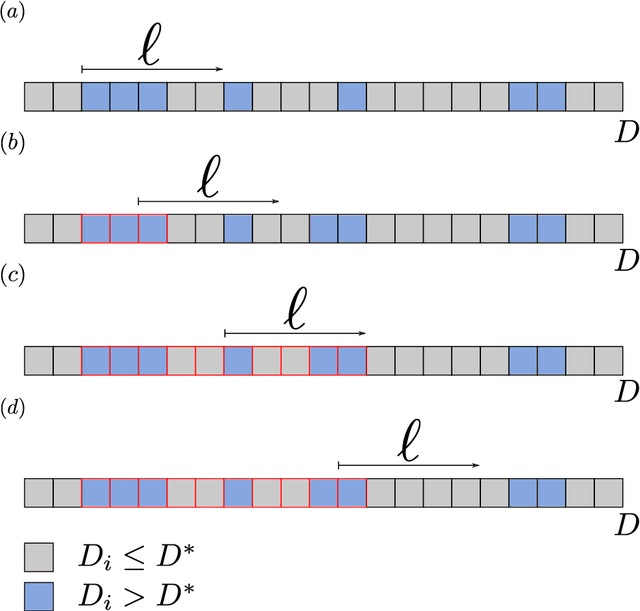

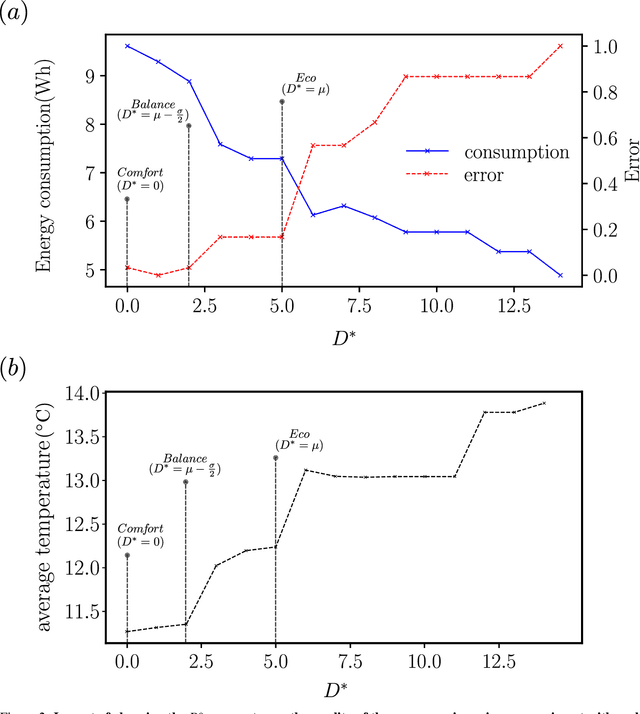

Abstract:We present here the Temporal Clustering Algorithm (TCA), an incremental learning algorithm applicable to problems of anticipatory computing in the context of the Internet of Things. This algorithm was tested in a specific prediction scenario of consumption of an electric water dispenser typically used in tropical countries, in which the ambient temperature is around 30-degree Celsius. In this context, the user typically wants to drinking iced water therefore uses the cooler function of the dispenser. Real and synthetic water consumption data was used to test a forecasting capacity on how much energy can be saved by predicting the pattern of use of the equipment. In addition to using a small constant amount of memory, which allows the algorithm to be implemented at the lowest cost, while using microcontrollers with a small amount of memory (less than 1Kbyte) available on the market. The algorithm can also be configured according to user preference, prioritizing comfort, keeping the water at the desired temperature longer, or prioritizing energy savings. The main result is that the TCA achieved energy savings of up to 40% compared to the conventional mode of operation of the dispenser with an average success rate higher than 90% in its times of use.
Detecção de comunidades em redes complexas para identificar gargalos e desperdício de recursos em sistemas de ônibus
Mar 31, 2017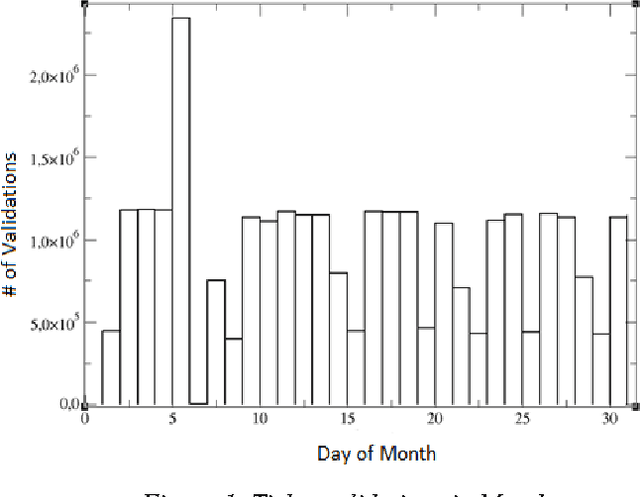
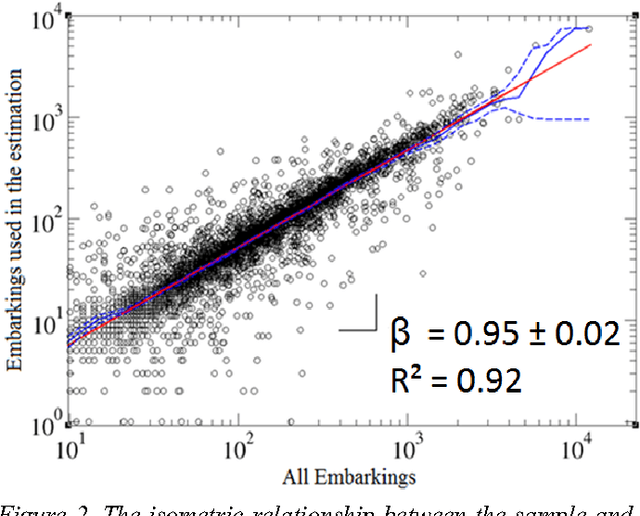

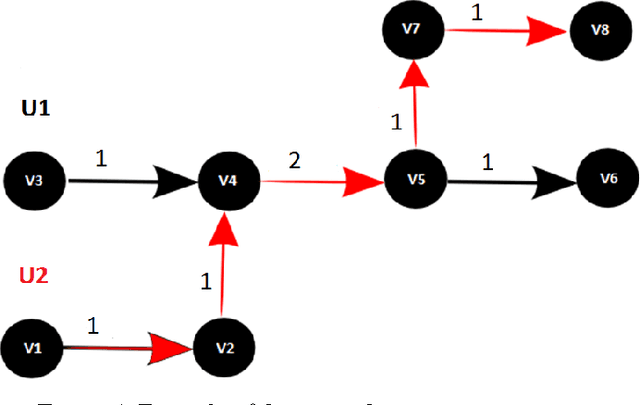
Abstract:We propose here a methodology to help to understand the shortcomings of public transportation in a city via the mining of complex networks representing the supply and demand of public transport. We show how to build these networks based upon data on smart card use in buses via the application of algorithms that estimate an OD and reconstruct the complete itinerary of the passengers. The overlapping of the two networks sheds light in potential overload and waste in the offer of resources that can be mitigated with strategies for balancing supply and demand.
 Add to Chrome
Add to Chrome Add to Firefox
Add to Firefox Add to Edge
Add to Edge